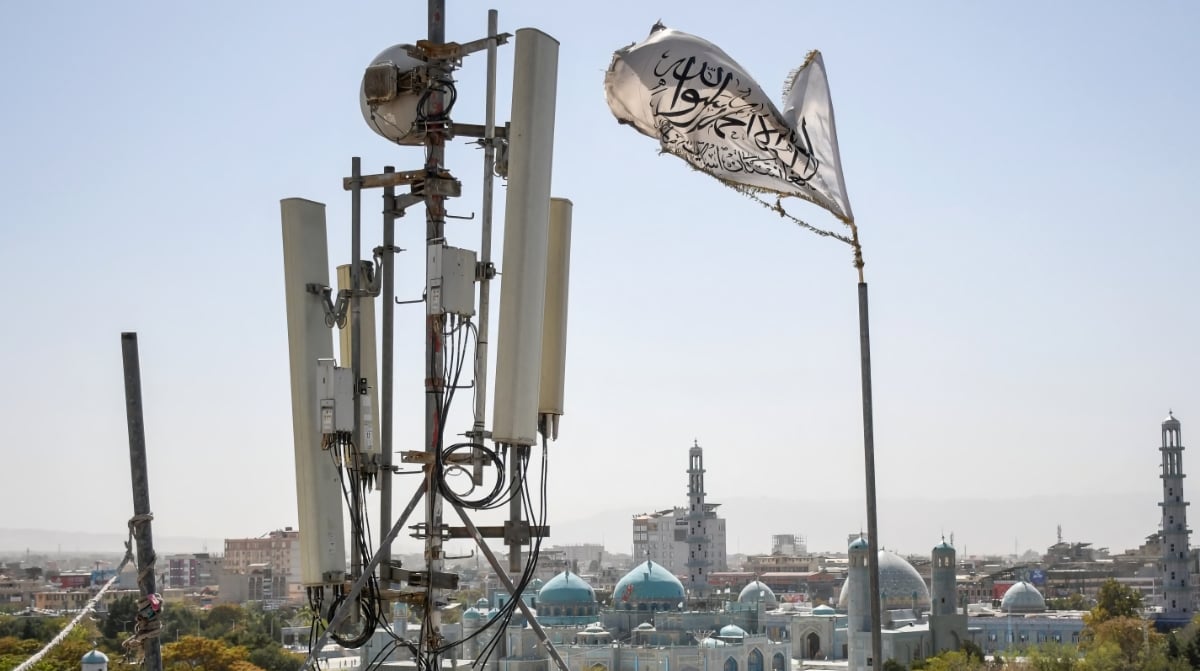“

Miroslav Trinko Issue news editor on “borders”. Geek, specialty programmer, but journalist by profession. Rider, tennis player and fan of Formula-1. I write about technologies, smartphones and electric vehicles.
According to Netblocks, which monitors cybersecurity and online management, the national level of connection has fallen up to 1%. Netblocks notes that the incident looks like a deliberate disabling of services. Telephone communication in the country is also at risk, since in the conditions of limited infrastructure it is mostly transmitted through the same fiber -optic lines.
According to representatives of the organization, finding a way to disconnect the Internet and at the same time leave telephone services may not be easy.
The Taliban authorities began to strengthen control of the Internet in early September, and since then, in many regions, the connection has been extremely slow or unstable. On September 16, Balch Ataulla Zayid spokesman stated that the Internet in the region was completely banned from the order of leadership “to prevent sinful actions”.
Similar restrictions are recorded in the provinces of Badakhshan and Tahar in the north, as well as in Kandhar, Hilmendi, Nanharhar and Urghan in the south.
As early as 2024, Vlad Kabul called the 9350-kilometer fiber-optic network, built mainly with the support of the United States, a priority for economic development and integration into the world. At the same time, taliba, who have returned to power, imposing more restrictions in accordance with their interpretation of Islamic law.
”, – WRITE: www.pravda.com.ua

Miroslav Trinko Issue news editor on “borders”. Geek, specialty programmer, but journalist by profession. Rider, tennis player and fan of Formula-1. I write about technologies, smartphones and electric vehicles.
According to Netblocks, which monitors cybersecurity and online management, the national level of connection has fallen up to 1%. Netblocks notes that the incident looks like a deliberate disabling of services. Telephone communication in the country is also at risk, since in the conditions of limited infrastructure it is mostly transmitted through the same fiber -optic lines.
According to representatives of the organization, finding a way to disconnect the Internet and at the same time leave telephone services may not be easy.
The Taliban authorities began to strengthen control of the Internet in early September, and since then, in many regions, the connection has been extremely slow or unstable. On September 16, Balch Ataulla Zayid spokesman stated that the Internet in the region was completely banned from the order of leadership “to prevent sinful actions”.
Similar restrictions are recorded in the provinces of Badakhshan and Tahar in the north, as well as in Kandhar, Hilmendi, Nanharhar and Urghan in the south.
As early as 2024, Vlad Kabul called the 9350-kilometer fiber-optic network, built mainly with the support of the United States, a priority for economic development and integration into the world. At the same time, taliba, who have returned to power, imposing more restrictions in accordance with their interpretation of Islamic law.
